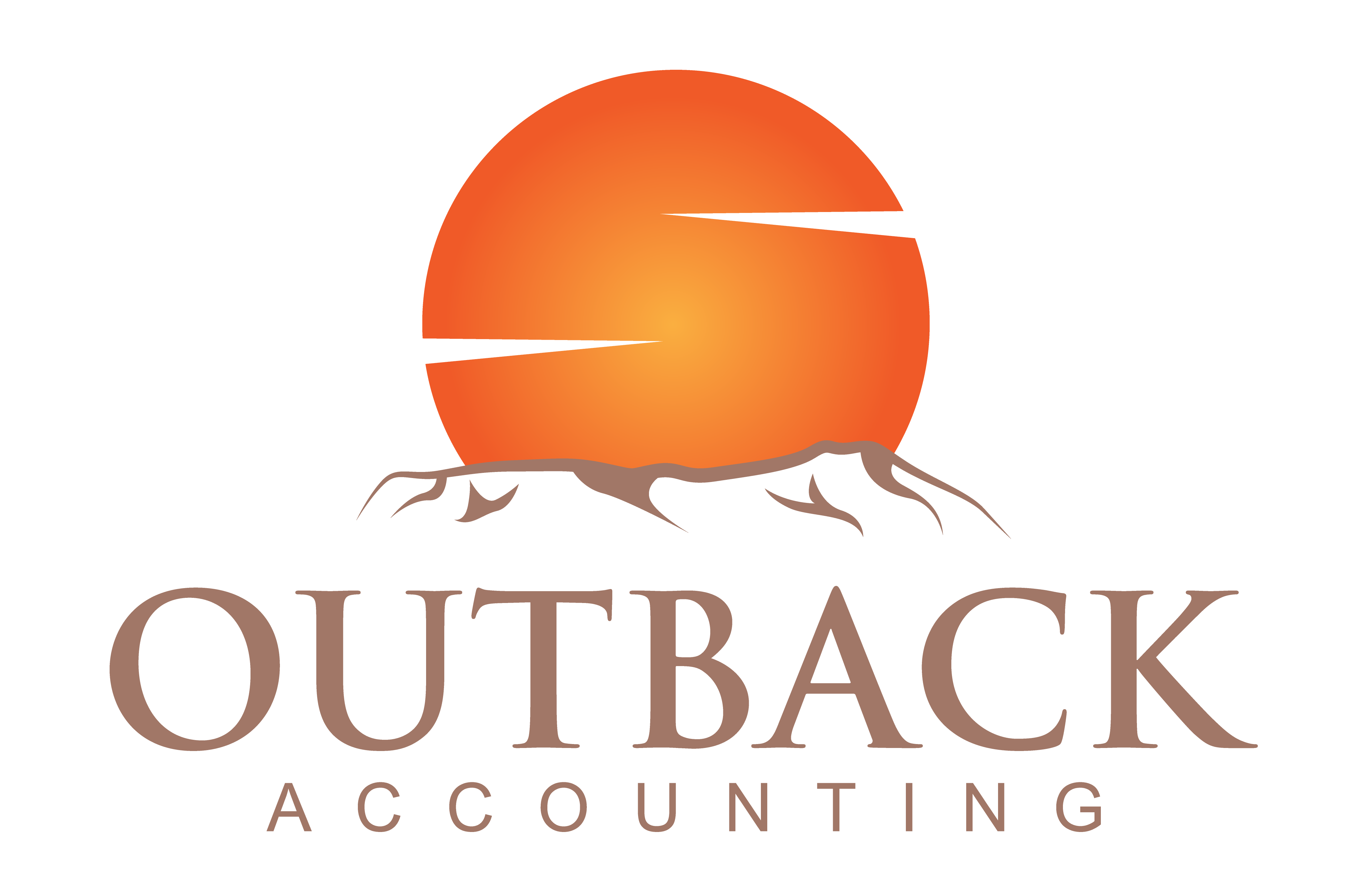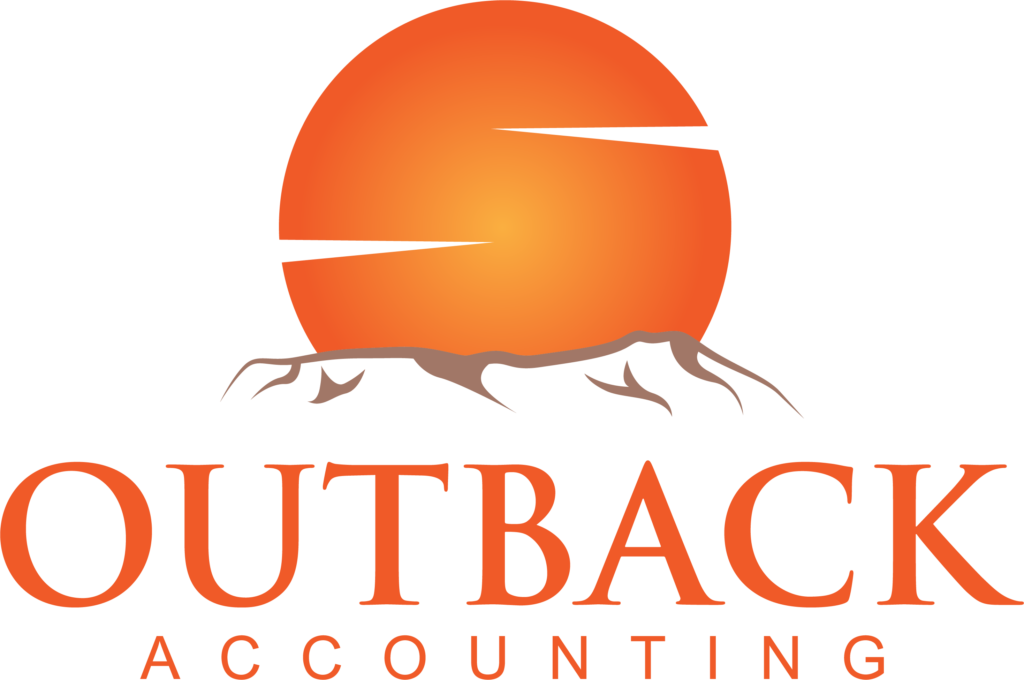Table of Contents
We all know that property investment is super effective for wealth-building strategies in Sydney. But what if the taxation part ruins your strategies? Understandably, managing taxes can be daunting because business owners often underestimate the power of proper tax planning that can affect their returns. Property investors have to deal with taxation at several stages, for example, while buying a property, while renting it out to tenants, while maintaining it, and eventually selling it. During all these stages, small tax mistakes can cause thousands in penalties.
Here, you need expert support that can provide the right tax advice and efficiently handle the tax side of your business. If you are a property investor and you are interested in knowing how you can overcome taxation challenges, this Sydney real estate tax guide aims to clarify those complexities.
Common Taxation Challenges for Property Investors
Firstly, property investors confuse deductible expenses with non-deductible expenses, such as property maintenance, repair, and loan costs that can be claimed. Then, they often report incorrect rental income by excluding rent or share arrangements. Another common problem that property investors face is mixing their personal and investment property expenses because most property investors use a single bank account for both. Here, they might add incorrect information or non-refundable incorrect information about expenses. Another common mistake is ignoring the CGT, Capital Gains Tax, implications while selling. Lastly, poor record-keeping and missing deadlines can lead to fines, penalties, and ATO audits. Understanding these common pitfalls can help you maximize tax benefits for property investment in Sydney.
5 Tax Advice for Property Investors
- Separate Your Personal and Investment Finances
It is important to have separate accounts for personal and investment finances, as it often leads to confusion while keeping records. You might misinterpret your personal expenses with property investments. It also helps you clearly track income and expenses for accurate tax claims. It is recommended to keep a dedicated bank account for property-related investments or transactions to simplify your record-keeping and avoid problems during tax filing.
- Understand deductible and non-deductible expenses
Repairs, maintenance, property management fees, council rates, and interest on investment loans are usually deductible. If you make improvements or renovations that increase the property value or involve capital expenses, these are not immediately deductible.
- Accurate bookkeeping and ongoing records
Regular record maintenance and accurate bookkeeping help you stay compliant with ATO rules and regulations. It is recommended to store receipts, invoices, and loan documents as proof while claiming tax refunds. You can also use digital apps or accounting software like Xero to track everything in real-time.
- Depreciation Deductions and Capital Gains Tax
Property depreciation can be claimed as a tax deduction, helping to reduce your taxable income legally. Additionally, strategic planning around CGT can help you reduce your tax burden. When you sell for a profit, that gain is taxable. However, if you hold the property for at least 12 months, you may qualify for a 50% CGT discount. This is crucial for accurately understanding your property investor tax Sydney obligations.
(reference: https://www.ato.gov.au/individuals-and-families/investments-and-assets/capital-gains-tax/cgt-discount)
- Work with a Registered Tax Agent
For property investors, taxation isn’t a once-a-year thing; it’s ongoing. They have to interact with taxation at several stages, including at the time of purchase, through stamp duty, legal fees, and loan costs. They also engage with taxation while maintaining rental income, courting depreciation claims, and, ultimately, selling their property while considering capital gains tax and possible exemptions. Therefore, having the support of a professional tax agent who can ensure accurate bookkeeping, manage taxation effectively, and stay compliant with the latest ATO rules is crucial.
How Outback Accounting Can Help
At Outback Accounting, our experts provide end-to-end support to property investors. We understand the complexities of property investment taxation and are here to help you navigate the challenges effectively. From ensuring you claim all eligible deductions to maintaining precise records and bookkeeping, we’re dedicated to supporting your journey toward successful property investment. Contact our tax experts and make the most of your investment while staying compliant with Australian tax laws.










